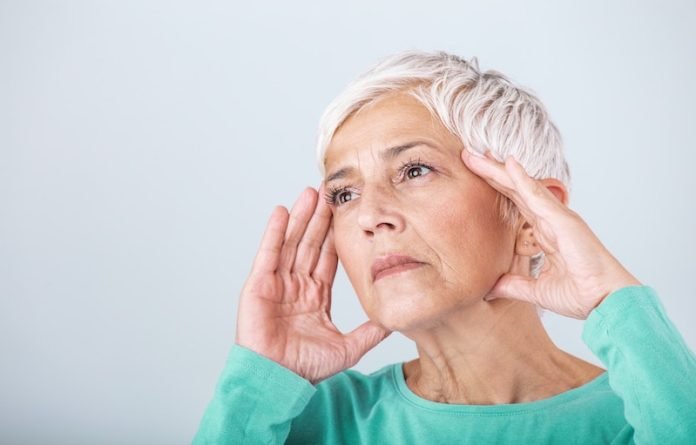
Atrial fibrillation (common heart rhythm problem), cardiomyopathy or some types of stroke may cause people to experience lightheadedness or dizziness, according to the American Stroke Association.
Cardiomyopathy a disease of the heart muscle that makes it harder for the heart to pump blood to the rest of the body. Cardiomyopathy can lead to heart failure.
Sen. John Fetterman, who had a stroke late last year on the campaign trail, was treated overnight Wednesday (Feb. 8) at a Washington, D.C., hospital after feeling lightheaded.
According to a statement from his office, initial tests did not show evidence of a new stroke.
“Lightheadedness, dizziness or issues with balance may be reported by some stroke survivors,” said Mitchell S. V. Elkind, M.D., MS, FAHA, FAAN, a neurologist and the American Heart Association’s chief clinical science officer.
“Feeling lightheaded may also be one symptom of atrial fibrillation (AF or AFib), the most common type of heart arrhythmia, and cardiomyopathy, a condition that makes it harder for the heart to pump blood to the rest of the body.”
Last fall, Senator Fetterman shared that he was diagnosed with both atrial fibrillation and cardiomyopathy.
Both are conditions which may cause a stroke and can be effectively treated—yet require ongoing monitoring, said Elkind.
As Dr. Elkind, who is also a professor of neurology and epidemiology at Columbia University Vagelos College of Physicians and Surgeons in New York City, explained, “A lack of adequate blood flow may cause people to experience dizzy spells or feel lightheaded.
Either AFib or cardiomyopathy may occasionally limit the blood flow to the brain. While it’s treatable, it may be a signal that medications need to be modified or additional interventions are needed.
Lightheadedness is common, however, and can also be a symptom of dehydration, a viral infection or other minor problems.
It’s always a good idea to report any symptoms to your doctor and seek immediate attention, if symptoms are severe or sudden.”
Elkind shared his thoughts during the annual International Stroke Conference, the world premier meeting for researchers and clinicians dedicated to the science of stroke and brain health since 1976, taking place this week in Dallas.
According to the American Stroke Association, a division of the American Heart Association, which is devoted to world of healthier lives for all, is the No. 5 cause of death and a leading cause of disability in the United States.
Stroke can happen to anyone—any age, any time—and everyone needs to know the warning signs. Calling 911 lets first responders start treatment on someone experiencing stroke symptoms before arriving at the hospital. Use the letters in F.A.S.T to spot a Stroke:
- F = Face Drooping
- A = Arm Weakness
- S = Speech Difficulty
- T = Time to call 911
Beyond F.A.S.T.—other symptoms you should know
- Sudden NUMBNESS or weakness of face, arm, or leg, especially on one side of the body
- Sudden CONFUSION, trouble speaking or understanding speech
- Sudden TROUBLE SEEING in one or both eyes
- Sudden TROUBLE WALKING, dizziness, loss of balance or coordination
- Sudden SEVERE HEADACHE with no known cause
If you care about stroke, please read studies about strong links between vitamin D and heart disease, stroke, and death, and Olive oil could help lower risks of heart disease and stroke.
For more information about stroke, please see recent studies about drug combo that can cut risk of stroke and heart attack by half, and results showing MIND diet could slow down cognitive decline after stroke.



